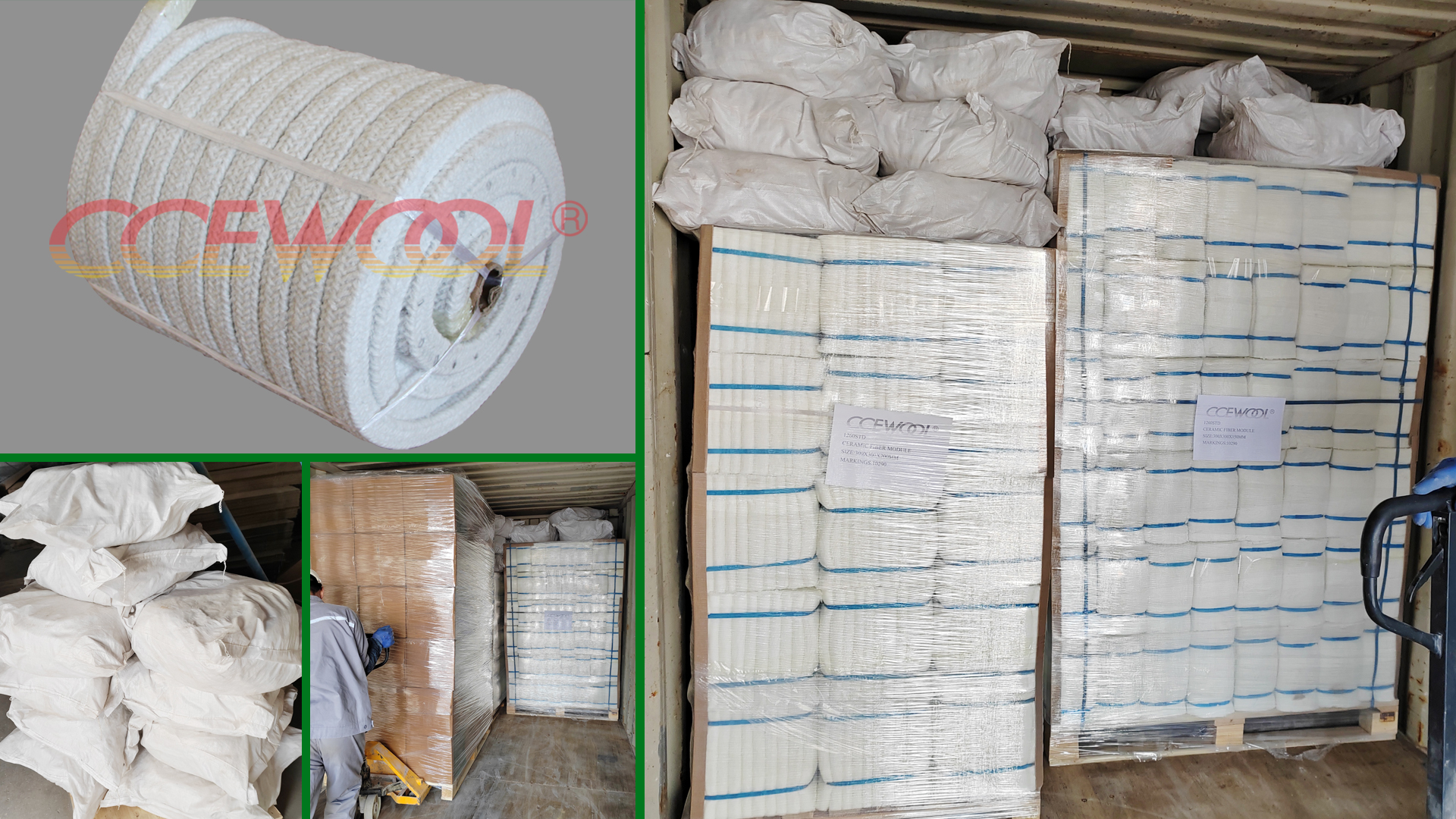High Temperacture Ceramic Rope – CCEWOOL®
- 03 Jun, 2025
- Insight

In high-temperature industrial applications, the quality of sealing materials directly affects equipment safety and energy efficiency. Designed specifically for extreme operating conditions, CCEWOOL® high temperature ceramic rope stands out with its excellent heat resistance, flexibility, and corrosion resistance, making it ideal for various high-temperature sealing environments.
Outstanding Heat Resistance for Stable Sealing
CCEWOOL® high temperature ceramic rope is made from high-purity alumino-silicate ceramic fiber, woven into a dense, smooth-surfaced round rope. It can operate continuously in environments up to 1260°C without deformation or degradation, making it a reliable solution for sealing furnace doors, flue ducts, flange joints, and other high-temperature zones.
Flexible and Easy to Install
The rope is soft and resilient, easily adapting to irregular shapes and narrow gaps. It maintains a tight seal even under conditions involving thermal expansion or mechanical vibration, effectively preventing heat and gas leakage.
Corrosion Resistant for Versatile Applications
Thanks to its excellent chemical stability, the ceramic rope resists most acidic and alkaline substances, making it suitable for high-temperature sealing in industries such as steelmaking, metallurgy, power generation, petrochemicals, and ceramics.
Australian Customer
Cooperation Years: 7 years
Ordered Product: CCEWOOL® high temperature ceramic rope
Product Size: φ50mm x 10m
This long-term customer from Australia recently ordered φ50mm x 10m ceramic rope for sealing furnace doors in high-temperature environments. The customer shared:
"CCEWOOL® high temperature ceramic rope has excellent flexibility and heat resistance. It's perfect for our furnace door applications, easy to install, and lasts a long time. We're very satisfied with the product quality and consistent delivery service. We will continue our partnership."



